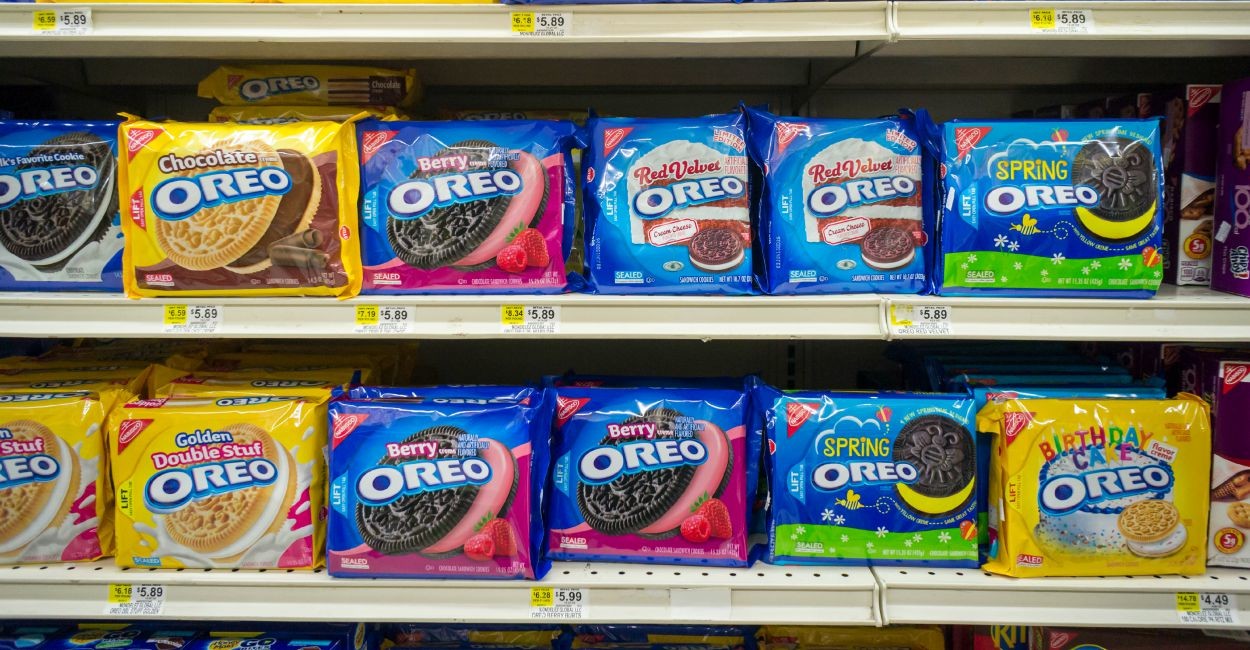The ' Burgh, the 'Stillers, the Penguins or whatever ...
Wednesday, August 26, 2015
Grand jury indicts former 49'er Ray McDonald for rape.

Sept.
7, 2014: In this file photo, San Francisco 49er's Ray McDonald sits on
the bench during the second half of an NFL football game against the
Dallas Cowboys in Arlington, Texas. (AP Photo/LM Otero, File)
The announcement came Wednesday, with the indictment stemming from an incident last Dec. 15 at McDonald's home.
Current 49ers linebacker Ahmad Brooks has also been charged by the Santa Clara County District Attorney's Office with misdemeanor sexual battery for an alleged assault the same day involving the same victim. The case against Brooks also was announced Wednesday.
Messages left for McDonald's attorney and Brooks' agent Wednesday weren't immediately returned.
The 49ers sent Brooks home from Colorado, where they are holding joint practices with the Broncos before playing a preseason game against Denver on Saturday night.
"The organization is aware that a misdemeanor charge has been filed against Ahmad Brooks stemming from a December 2014 matter. We take any charge against a member of this organization seriously and are in communication with the NFL," 49ers general manager Trent Baalke said in a statement released by the team.
The woman said she slipped and fell on a pool deck at McDonald's house in December 2014 and continued to fall after that due to her initial head injury and alcohol consumption. McDonald initially thought she was dead, but did not call 911, telling others he didn't want a dead female found on his property, according to the suit.
At some point, Brooks groped her before McDonald carried her upstairs to his bedroom and sexually assaulted her, the lawsuit claimed.
McDonald has had previous legal problems.
McDonald was arrested twice in a week in May. One of those was for violating a restraining order by being at a residence in Santa Clara after the restraining order was issued following a domestic violence incident in which he allegedly broke down a bedroom door to get to his former fiancée and their infant.
McDonald was arrested on suspicion of domestic violence and child endangerment, but was free on bail.
The 49ers released him in December citing a "pattern of poor decision-making."
That move came just a month after Santa Clara County prosecutors declined to file charges against McDonald in a separate domestic violence investigation stemming from an arrest on Aug. 31, 2014, while celebrating his 30th birthday at his home. Prosecutors cited conflicting versions of what happened, a lack of verifiable eyewitnesses and a lack of cooperation by the alleged victim, McDonald's fiancée, in explaining their decision.
Saturday, August 22, 2015
US sugar tariffs cause Oreo production to go to Mexico losing 600 American jobs. Blame also the greedy unions who are anti free trade.
This obvious connection between the lost jobs and sugar quotas was missed by many observers. According to one online commenter: “This is why tariff[s] on products coming to U.S must be raised.”
That’s backwards. When protectionist policies like the U.S. sugar program lead to offshoring, the response shouldn’t be to pass new laws to discourage such offshoring or to raise tariffs even higher. The response should be to eliminate government policies that encourage offshoring in the first place.
The loss of Oreo cookie jobs should reinforce a lesson on the job-destroying aspect of protectionist trade policies.
According to a 2006 report from the government’s International Trade Administration: “Chicago, one of the largest U.S. cities for confectionery manufacturing, has lost nearly one-third of its SCP manufacturing jobs over the last 13 years. These losses are attributed, in part, to high U.S. sugar prices.”
That lesson appears to be lost on unions that are supposed to represent the workers losing their jobs in Chicago.
For example, The Bakery, Confectionery, Tobacco Workers and Grain Millers Union consistently has opposed free trade agreements with sugar-producing countries like Australia, Brazil, and Mexico—the kind of trade deals that just might protect their members’ jobs.
So that’s how the cookie crumbles.
Subscribe to:
Comments (Atom)


This should be a wake-up call to defenders of the U.S. sugar program and other job-destroying trade barriers.
The leading ingredient in Oreos is sugar, and U.S. trade barriers currently require Americans to pay twice the average world prices for sugar.
Sugar-using industries now have a big incentive to relocate from the United States to countries where access to their primary ingredient is not restricted.